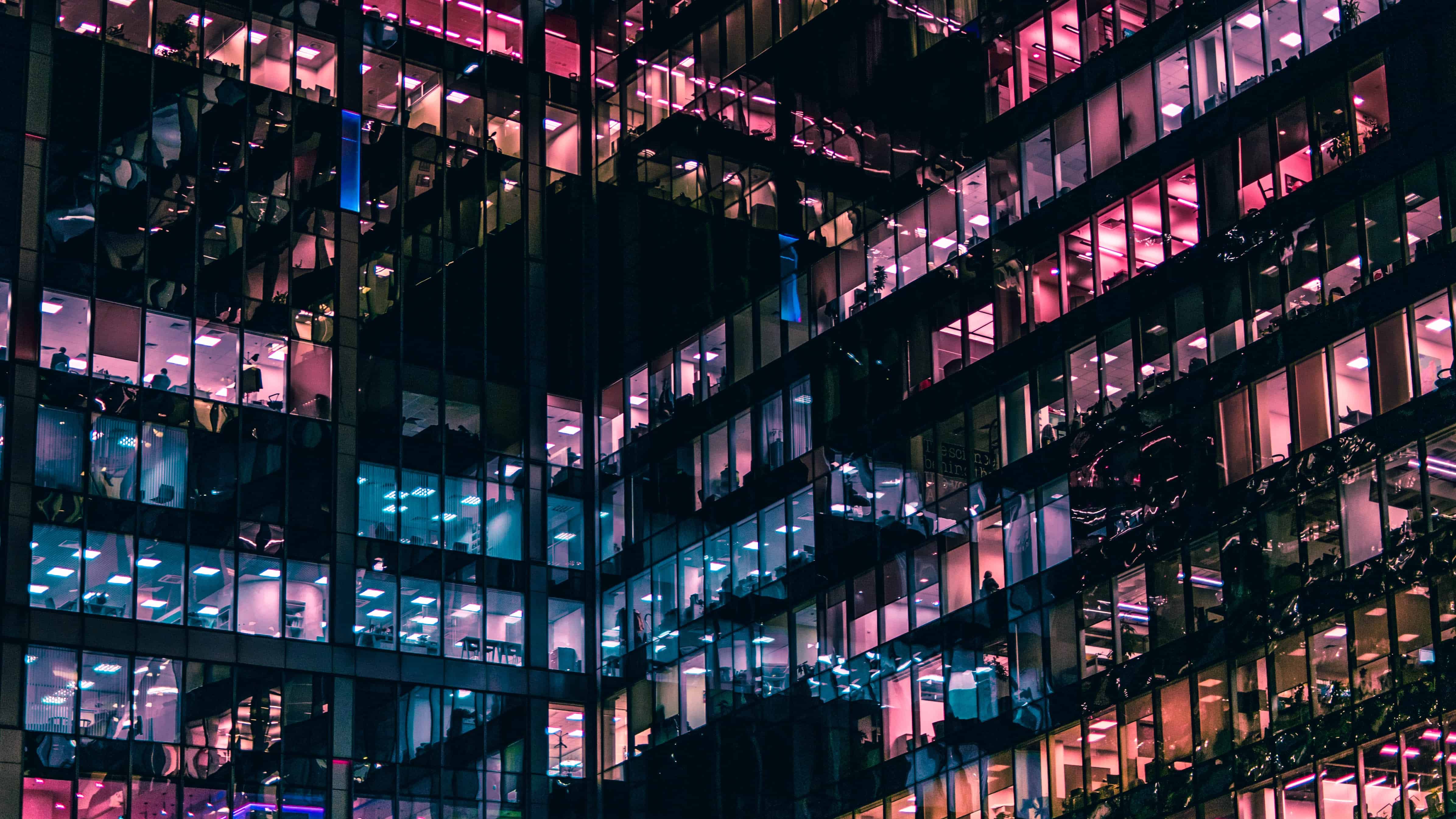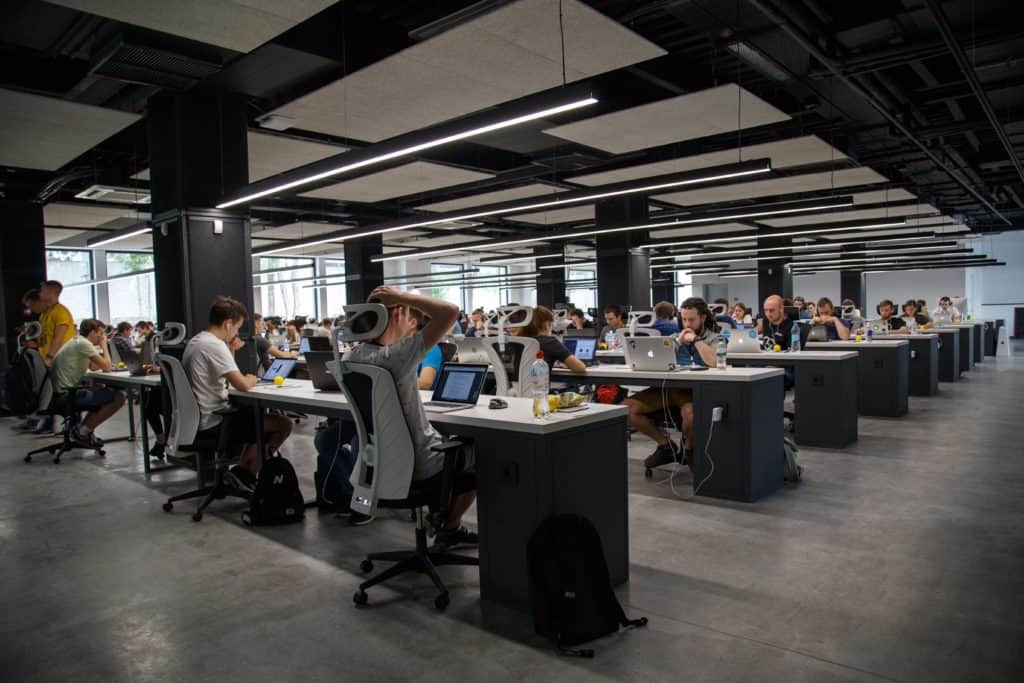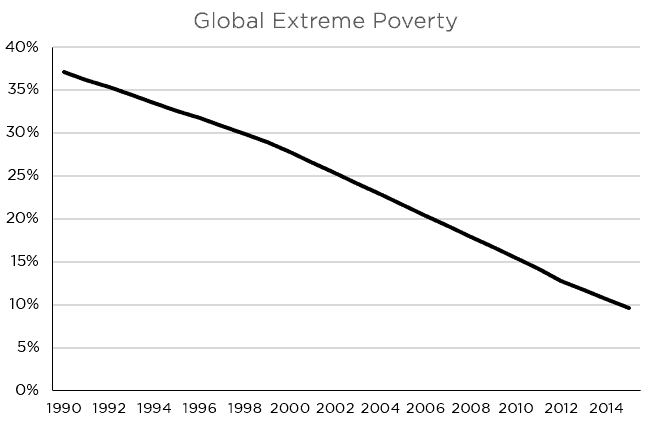Will AI take your job?
The death of industrial cities across the western world has been blamed on jobs moving to China and other low-cost places. The truth is that half the jobs or more have been lost to technology and automation.
The world is already polarized in the aftermath of the growing “rust belts” in the US and other places. Populists promise to “bring the jobs back” – jobs that actually are lost forever to automation.
It has been said that Artificial Intelligence will kill an additional 47% of all jobs in the US by 2034. Is it true?
Will AI take your job?
Are 47% of all jobs really at risk?
The number came from an Oxford report in 2013.
The authors have later stated that they have been misquoted. They never meant to say that half of all jobs would disappear. They only expressed that a lot of jobs are vulnerable to automation.
This is a given. In the long run, most jobs are vulnerable to automation.
Partial automation
In most jobs there are tasks that involve repetitive physical activities, data collection or data processing of some type. These are the job tasks that are most vulnerable for automation.
If your job has a high percentage of these types of tasks, then this means that a high percentage of your job is at risk of being automated.
In most cases, this basically means that automation removes the boring tasks, and leaves you with more time to work with more interesting tasks.
This sounds nice – but the impact could be much more severe for some people.

Creative destruction
Creative destruction is the process where new innovations kill old businesses.
It’s an unavoidable process in any society that wants progress.
On the negative side
On the negative side this process leads to people losing their jobs.
Some of them may not be flexible enough to learn a new job or be willing to move to another place where jobs are plenty.
These are the people that are left behind and sit grumpy, longing for the good old days.
On the positive side
On the positive side of creative destruction we get better medicines, cheaper and better products and service, longer lives and more wealth to share.
Creative Destruction – as a part of a free capitalist system – is one of the key components that has helped eradicate half of the world’s extreme poverty since 1990.
Resistance is futile
Governments often try to save industries that are the dying pride of the nation, by providing billions of dollars in support – or by protecting them from foreign competition with import taxes or similar.
This cost tax payers billions, while also depriving them the benefits of creative destruction – which basically means that they have to pay a higher price for the products and services they buy.
So the taxpayers and workers are generally the real losers when government tries to protect their jobs by preventing Creative Destruction.
Will there be new jobs?
The most scary part of creative destruction is that we usually know what jobs that are going away, but rarely know what new jobs that will be created instead.
This is why it isn’t unusual with doomsday headlines when old industries crumble. The old jobs go away with a crash, while the new jobs emerge silently and gradually.
In 1870, almost 50 percent of the U.S. population was employed in agriculture. In 2008, less than 2 percent of the population was directly employed in agriculture. Luckily this doesn’t mean that 48% of the US population is strolling around unemployed.
The same thing goes for numerous occupations that have died out during the last century.
New jobs appear all the time, as part of the creative destruction. Web designers, growth hackers and SEO-consultants didn’t exist 30 years ago – and the surge in AI and machine learning is now creating a huge need for more data scientists.
So no. We don’t know what new jobs the AI-revolution will create. We only know that they will appear – as they always have.
Yes – AI may take your job
So to conclude. AI may certainly take your job – or part of it. But as long as you are willing to embrace change, this could be the best thing that could ever happen to you.
Photos by Rafal Wilinski , Alex Kotliarskyi , Mike Kononov , Naitian(Tony) Wang and History in HD on Unsplash



